Share your results
Please enter your email
Results shared!
We've sent a link to your email so you can access your results at any time.
Learn about ways to prevent loneliness and isolation this festive season.
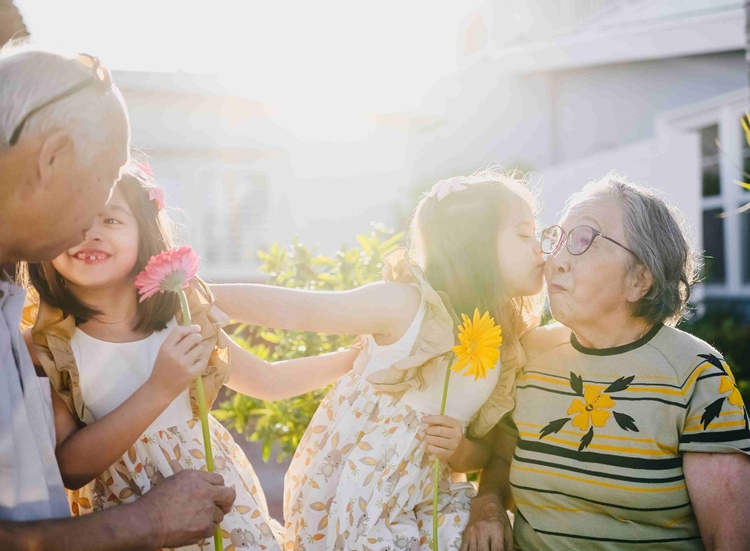
If holidays bring up depression or other difficult feelings for you, you’re not alone.
About 1 in 5 older Australians suffer from loneliness, and the festive season may bring attention to such feelings. You may feel lonely if you live far away from your loved ones. Or perhaps you've experienced loss or recent changes in your lifestyle which are difficult to adjust to.
Even during this difficult time, it's possible to reduce social isolation and loneliness. It can help to find ways to connect with others and celebrate together. Increasing your social connectedness will not only improve your mood, but also your overall health.
Here are some tips for how to deal with loneliness during the holidays.
If holidays bring up depression or other difficult feelings for you, you’re not alone.
About 1 in 5 older Australians suffer from loneliness, and the festive season may bring attention to such feelings. You may feel lonely if you live far away from your loved ones. Or perhaps you've experienced loss or recent changes in your lifestyle which are difficult to adjust to.
Even during this difficult time, it's possible to reduce social isolation and loneliness. It can help to find ways to connect with others and celebrate together. Increasing your social connectedness will not only improve your mood, but also your overall health.
Here are some tips for how to deal with loneliness during the holidays.
Read less...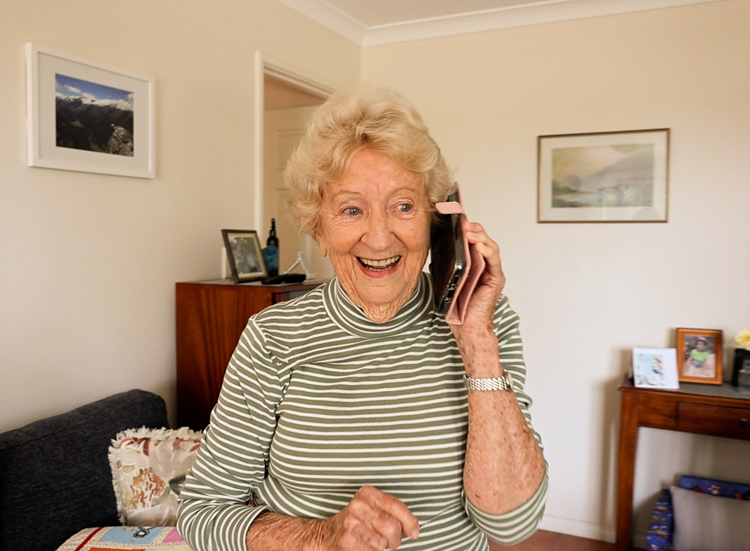
It’s important to reach out to stay connected to your family and friends. This can mean picking up the phone first, rather than waiting for them to call.
We interviewed Margaret, who is 86 and uses her phone and iPad to stay in touch with long-distance family.
Holiday cards, messages, or phone calls can show people you’re thinking of them. This gesture could strengthen your bonds with each other.
It’s important to reach out to stay connected to your family and friends. This can mean picking up the phone first, rather than waiting for them to call.
We interviewed Margaret, who is 86 and uses her phone and iPad to stay in touch with long-distance family.
Holiday cards, messages, or phone calls can show people you’re thinking of them. This gesture could strengthen your bonds with each other.
Read less...Old traditions can provide a sense of stability and comfort. But sometimes they have to change due to changing life circumstances.
You can always create new holiday traditions to keep this season special. That might mean baking holiday cookies with young grandkids or decorating and gathering in a new home. New traditions can give you something to look forward to each year, even as life keeps changing.
Click the play button to join Margaret as she introduces a Christmas tradition to her great grandson Isaac.
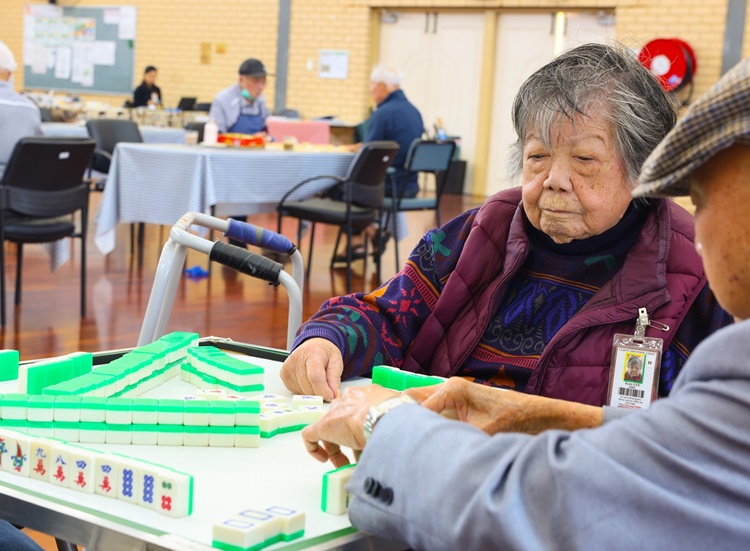
It’s very likely you’ll be able to find community events that celebrate various holidays. Your local library, community centre, or seniors centre may have events such as potlucks, fairs, or concerts scheduled. Engaging with your community not only helps prevent loneliness; it also fosters your sense of belonging.
If finding transport is holding you back, there may be services you can use. You could be eligible for assistance under the Commonwealth Home Support program or as part of a Home Care Package. And don’t forget that as an older Australian, you have access to subsidised public transport. Learn more about using transport services.
It’s very likely you’ll be able to find community events that celebrate various holidays. Your local library, community centre, or seniors centre may have events such as potlucks, fairs, or concerts scheduled. Engaging with your community not only helps prevent loneliness; it also fosters your sense of belonging.
If finding transport is holding you back, there may be services you can use. You could be eligible for assistance under the Commonwealth Home Support program or as part of a Home Care Package. And don’t forget that as an older Australian, you have access to subsidised public transport. Learn more about using transport services.
Read less...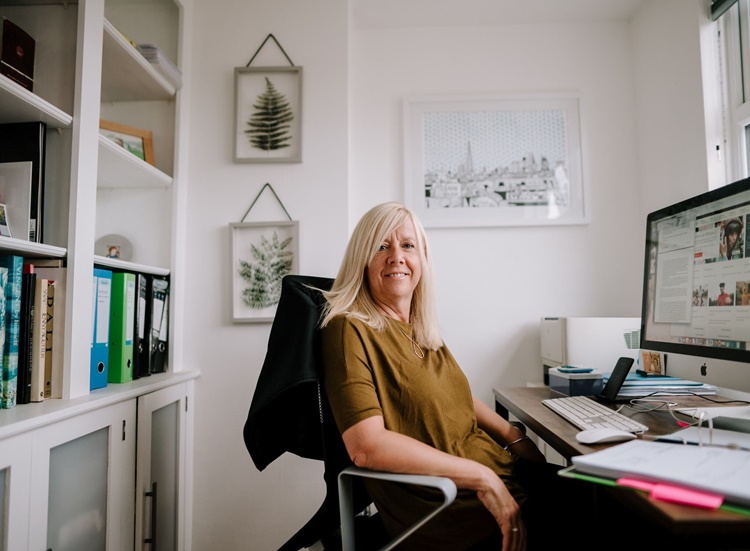
You can use technology to connect to a wider community than just your local one. If for any reason you can’t get out and about very often, it might be helpful to join online groups that share your passions. You may be able to find online book clubs, hobby groups, or discussion forums. You can join a community of your peers, such as the ConnectUp Facebook group.
Or you could go back to basics and try chatting with your neighbours. If you get along, you could even invite them over for a cup of tea.
You may also be able to request a volunteer visitor through the Aged Care Volunteer Visitors Scheme. Socialising improves your health and quality of life, so it’s worth looking into all the ways you can make it happen.
You can use technology to connect to a wider community than just your local one. If for any reason you can’t get out and about very often, it might be helpful to join online groups that share your passions. You may be able to find online book clubs, hobby groups, or discussion forums. You can join a community of your peers, such as the ConnectUp Facebook group.
Or you could go back to basics and try chatting with your neighbours. If you get along, you could even invite them over for a cup of tea.
You may also be able to request a volunteer visitor through the Aged Care Volunteer Visitors Scheme. Socialising improves your health and quality of life, so it’s worth looking into all the ways you can make it happen.
Read less....tmb-large%20card.png?sfvrsn=f2ec620a_4)
Helping others can prevent isolation while also bringing joy and fulfillment.
You can volunteer your time, skills, or crafts to local organisations who need help during the holidays. This could mean being a helper at a soup kitchen or donating hand-made toys and clothes to charities.
Helping others can prevent isolation while also bringing joy and fulfillment.
You can volunteer your time, skills, or crafts to local organisations who need help during the holidays. This could mean being a helper at a soup kitchen or donating hand-made toys and clothes to charities.
Learn more about volunteering here.
Read less...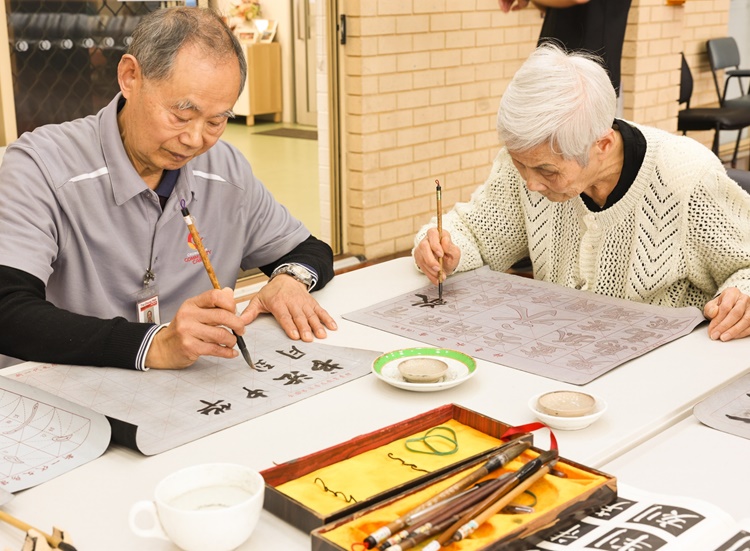
Explore your hobbies or discover new interests.
Learning new skills or enjoying a challenge that interests you has many benefits. It can give you a sense of mastery and purpose, while also promoting your brain health.
Hobbies to explore could include painting, crafting, dancing, singing, or more. Creative activities are good for your brain health and can help lift your mood during tough times.
Explore your hobbies or discover new interests.
Learning new skills or enjoying a challenge that interests you has many benefits. It can give you a sense of mastery and purpose, while also promoting your brain health.
Hobbies to explore could include painting, crafting, dancing, singing, or more. Creative activities are good for your brain health and can help lift your mood during tough times.
Read less...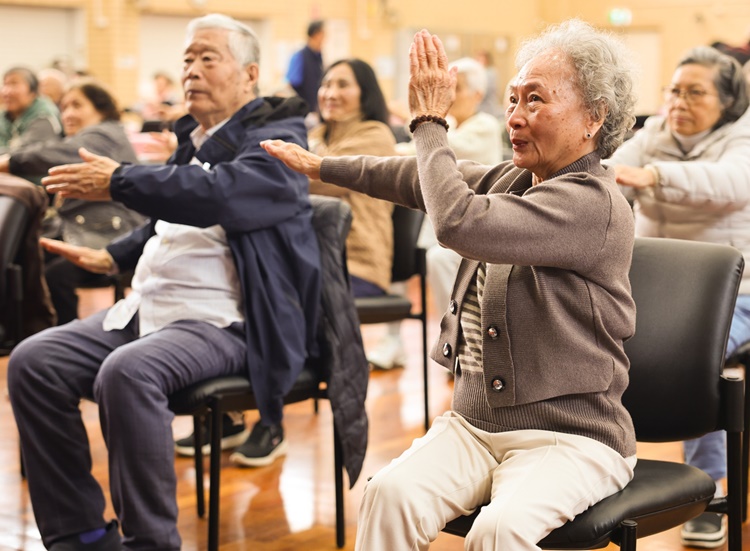
Mindfulness activities such as meditation or journaling can also help to bring you a sense of peace during the holiday bustle.
Yoga and Tai Chi are good activities to consider, since these exercises are restorative for your mind and body both.
Mindfulness activities such as meditation or journaling can also help to bring you a sense of peace during the holiday bustle.
Yoga and Tai Chi are good activities to consider, since these exercises are restorative for your mind and body both.
Read less...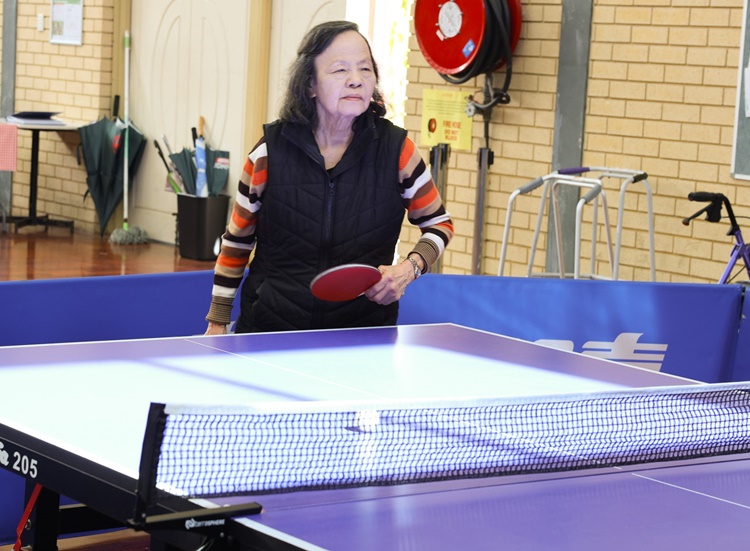
Physical activity is very helpful in dealing with loneliness. It was shown to be an effective measure against poor mental health during the pandemic.
Consider joining a local exercise club, where you can keep active and spend time with others in your community. Doing so outdoors would be especially uplifting.
Perhaps there's a walking group in your area? Call us at 1800 951 971 and we can help you find out.
Physical activity is very helpful in dealing with loneliness. It was shown to be an effective measure against poor mental health during the pandemic.
Consider joining a local exercise club, where you can keep active and spend time with others in your community. Doing so outdoors would be especially uplifting.
Perhaps there's a walking group in your area? Call us at 1800 951 971 and we can help you find out.
Read less...
If you struggle with holiday season depression, or if difficult feelings become overwhelming at times, it may be helpful to speak to a health professional about how you feel.
You can ask your GP about where to begin. You can also look online for a psychologist who understands the challenges faced by older adults during the holidays.
If you struggle with holiday season depression, or if difficult feelings become overwhelming at times, it may be helpful to speak to a health professional about how you feel.
You can ask your GP about where to begin. You can also look online for a psychologist who understands the challenges faced by older adults during the holidays.
Read less...
There are also helplines you can call in a crisis, or when you just need to talk to someone:
There are also helplines you can call in a crisis, or when you just need to talk to someone:
Learn more about finding mental health support here.
Read less...Monash University. (2023, November 8). Older Australians join the fight against loneliness and social isolation. Monash University. https://www.monash.edu/news/articles/older-australians-join-the-fight-against-loneliness-and-social-isolation
Centers for Disease Control and Prevention. (2023, October 18). Risk factors for social isolation and loneliness. Centers for Disease Control and Prevention. https://www.cdc.gov/social-connectedness/risk-factors/index.html
Kaimal, G., Ray, K., & Muniz, J. (2016). Reduction of cortisol levels and participants’ responses following art making. Art Therapy, 33(2), 74–80. https://doi.org/10.1080/07421656.2016.1166832
Lee, R., Wong, J., Wong, L. S., Gandhi, M., Lei, F., Kua, E. H., Rawtaer, I., & Mahendran, R. (2019). Art therapy for the prevention of cognitive decline. The Arts in Psychotherapy, 64, 20-25. https://doi.org/10.1016/j.aip.2018.12.003
Enkema, M. C., McClain, L., Bird, E. R., & Black, D. S. (2020). Associations between mindfulness and mental health outcomes: A systematic review of ecological momentary assessment research. Mindfulness, 11(10), 2455–2469. https://doi.org/10.1007/s12671-020-01442-2
Take our easy OpenUp quiz to get personalised advice and see suggested products, services and support in your local area or online.
Let's go!